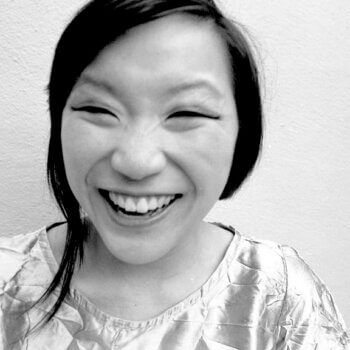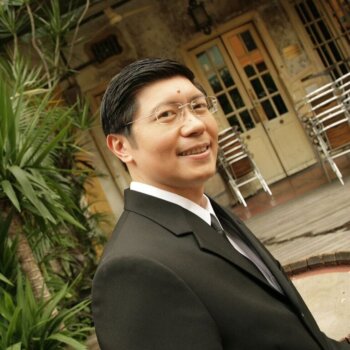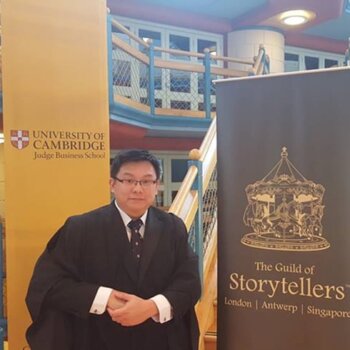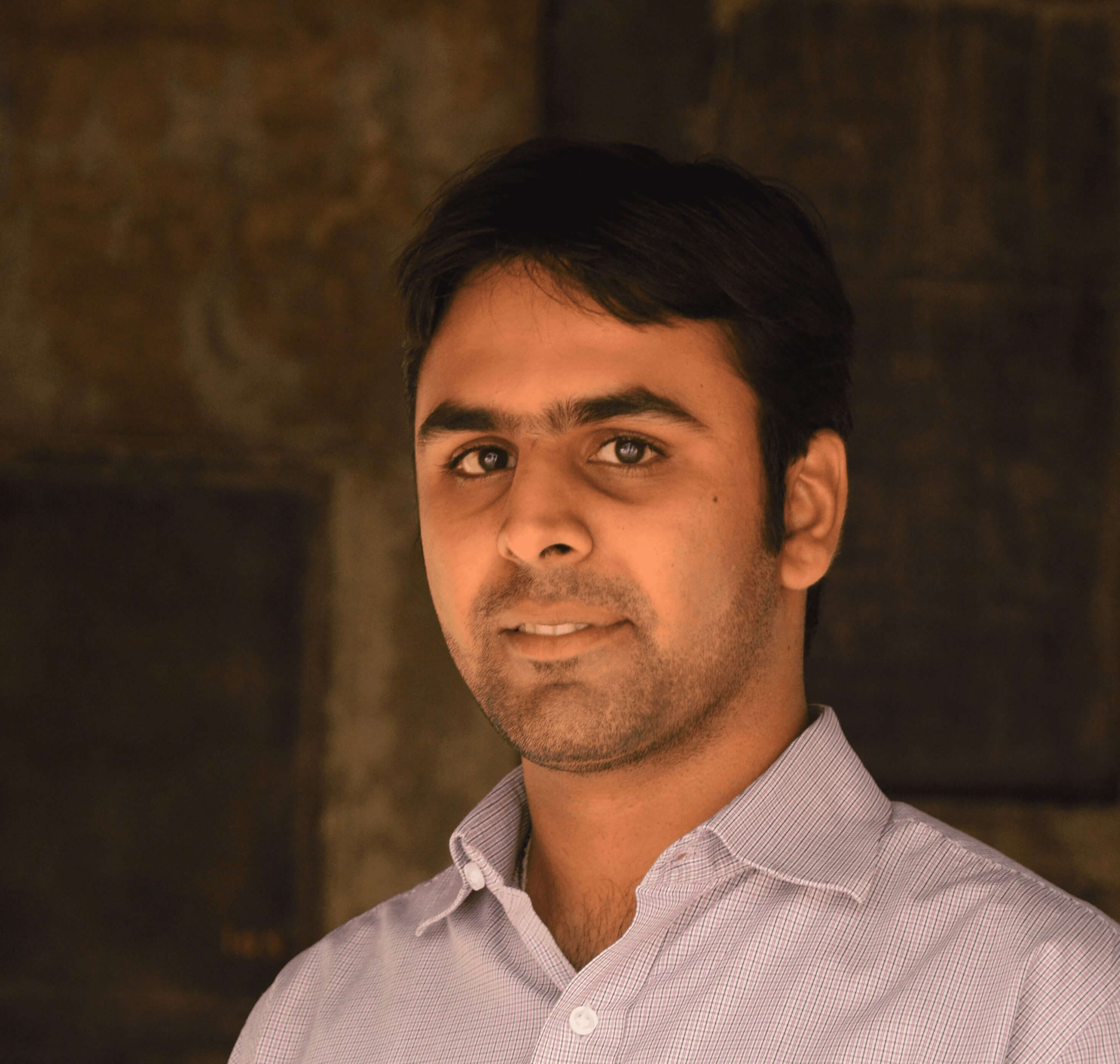The 4 E’s of managing performance and employee engagement in the Luxury Fashion Industry
What principles do managers in the luxury fashion industry use to engineer a high performance culture that continuously delivers results season after season? Coaching managers in the Luxury Fashion Industry helped me identify a few essential principles that are fundamental in creating this kind of performance culture. I call them the four Es :
- Envision
- Empower
- Encourage
- Evaluate
1. Envision
This answers the big question: WHY do we do this? WHY do we wish to do or create what we do? WHY have we chosen this as our purpose? What are we are sending forth into the world?
For highly skilled and specialised employees in the luxury fashion industry, the purpose is often tied to the passion they feel about their work. As an artisan from Gucci once gushed to me, a man who had been in his job for more than 30 years creating shoes. He had begun his career as an adolescent, learning the trade from more experienced leather artisans and, bit by bit, he had carved a name for himself over the years. When I asked him about his “Why” he crinkled his eyes and said: “Passion! There is only one reason we put up with so much craziness, it’s our passion for beauty.” Every engaged employee is deeply connected to their Why’s.
2. Empower
WHAT is the way? WHAT is the learning? WHAT development, what personal growth can employees look forward to?
One great business leader comes to mind in particular when I think about empower. Bruno Cucinelli. in an interview printed in the The Business of Fashion, he describes his style as a “human capitalist philosophy” based on deep respect for his employees and loyalty to the hamlet in Perugia, Solomeo, where his business empire is based.
He is known as the king of cashmere, generating over $444 million in revenue in 2013. However it has never been the money that has inspired him, rather his belief that within each employee lies the potential of greatness that has contributed to the ascension of his business. He says: “our total quality is the result of the internal qualities of every employee. They are embodied in every stitch and corner of the business. In my organisation, the focal point is the common good”.
This is evident in al the teams that collaborate to create high fashion collections. The common good is not the individual, rather the collection itself. The individual puts their craftsmanship and expertise at the service of the higher good of the collection, following the maestro Art director in delivering one outstanding collection season after season. They feel empowered by the recognition of their skills and the celebration of their expertise.
3. Encourage
HOW do they instil the energy into the hearts and minds of their people? HOW do they encourage excellence?
Mr Cuccinelli explains, once passion has been ignited, courage comes from knowing and overcoming personal limitations. He once said: “Money has real value only when it is spent to improve the life and growth of people.” He has spent enormous amounts of energy to restore the ancient Villa Antinori to its former glory and “restore the lifeblood that had allowed it to grow and prosper for centuries. Something about bringing back ancient stones to life resonates with encouraging and nurturing people to bring forth aspects of themselves that may have been left undiscovered, just waiting to be bought forth through patience and kindness.”
The same kind of attentive care and patience is also present within Gucci, with the implementation of accredited courses in Florence where highly specialised artisans pass on their skills and knowledge to a pool of talented individuals from all the world. Their legacy and passion for fashion are systematically passed on to ensure continuous performance. The same artisans travel the world and showcase their expertise and kills in various stores though the Gucci Artisan Corner. Clients can see first hand the meticulous craftsmanship that is involved in creating shoes and bags and how signature styles come to life.
4. Evaluate
To leaders in the Luxury Industry, the ability to create and improve what has been done is paramount to ensuring ongoing performance. Questions such as, WHAT are the learnings we have gained and WHAT needs to be improved? WHAT value can we create for those who interact with us as a company, are constantly monitored and measured to improve performance.
Part of Mr Cucinelli’s legacy is the love of his land, the love of his people and the love of a business that he has created in order to pass it on to others so they carry on with his work. When his company went public, his concern was to show potential investors who he was, who his family and people were, and also his philosophy so they would understand: “what I want for my life, for my company, for the future”. The meaning of evaluation is not based on something that will be discarded once fashion has passed, but to see the long term value of things that age slowly and gracefully.
I have seen the principles applied over again by managers who work for some of the leading brands in the world. High performance is engineered not only on refining the smallest details but also ensuring that a legacy is passed on from the individual to the business. It is by focusing on the growth and development of the individual, dedicating time and attention to them and embedding those principles in their day to day business practices that are more likely to create a high performance culture.
To learn more please visit www.thebusinessofpeoplebook.com and www.thebusinessofpeople.com.au





























